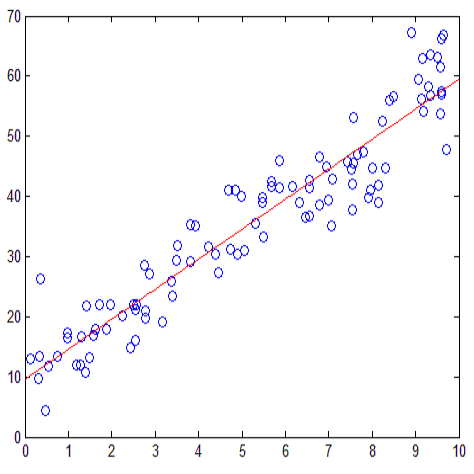We present an in-depth empirical analysis of the trade-off between model complexity and representation error in modelling vehicle trajectories. Analyzing several large public datasets, we show that simple linear models do represent realworld trajectories with high fidelity over relevant time scales at very moderate model complexity. This finding allows the formulation of trajectory tracking and prediction as a Bayesian filtering problem. Using an Empirical Bayes approach, we estimate prior distributions over model parameters from the data that inform the motion models necessary in the trajectory tracking problem and that can help regularize prediction models. We argue for the use of linear models in trajectory prediction tasks as their representation error is much smaller than the typical epistemic uncertainty in this task.
翻译:我们对模拟车辆轨迹的模型复杂性和代表错误之间的权衡进行了深入的实证分析。分析了若干大型公共数据集,我们发现,简单的线性模型确实代表了真实世界轨迹,在相关时间尺度上,在非常中度的模型复杂性下具有高度忠诚性。通过这一发现,可以将轨迹跟踪和预测作为一种贝叶斯过滤问题加以表述。我们采用“经验性贝斯”方法,从为轨迹跟踪问题所必需的运动模型提供参考、有助于规范预测模型的数据中估算出先前在模型参数上的分布情况。我们主张在轨迹预测任务中使用线性模型,因为其代表性错误比这项任务中典型的特征不确定性要小得多。



